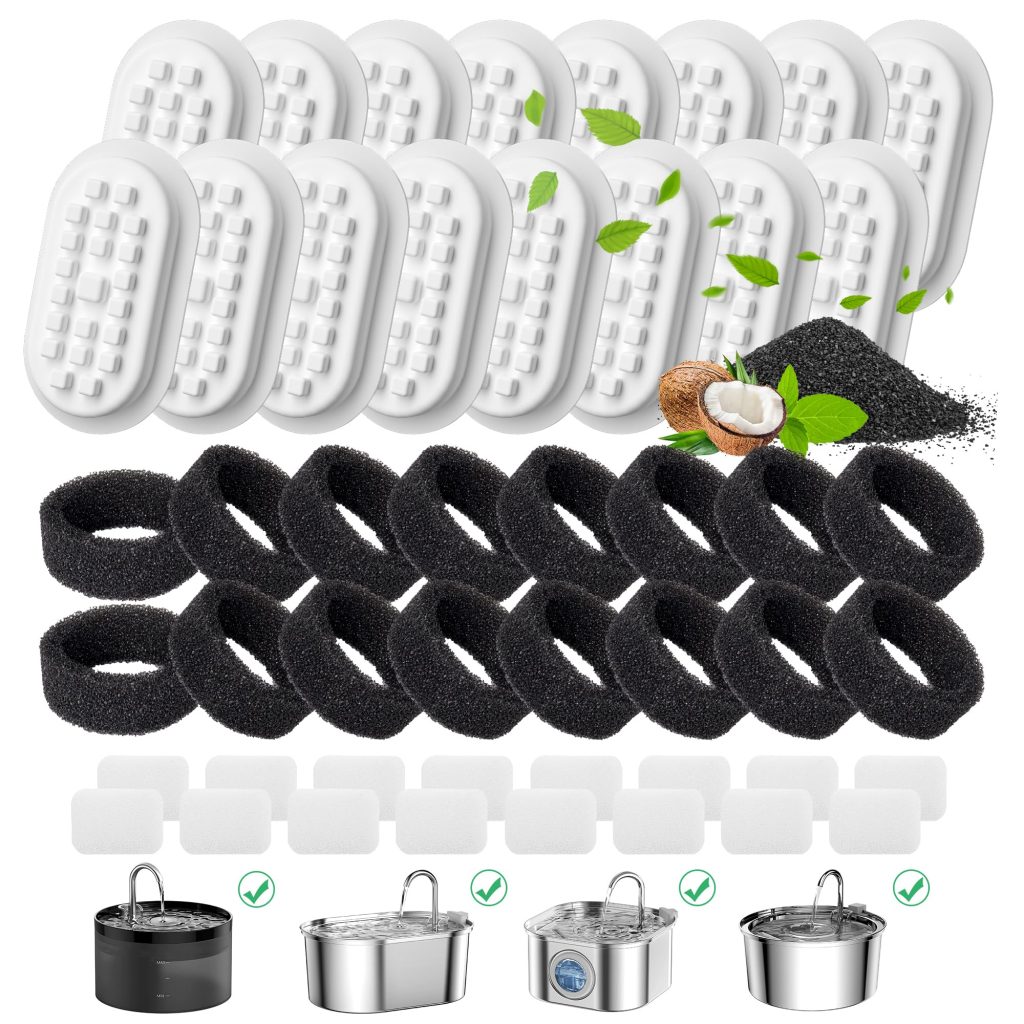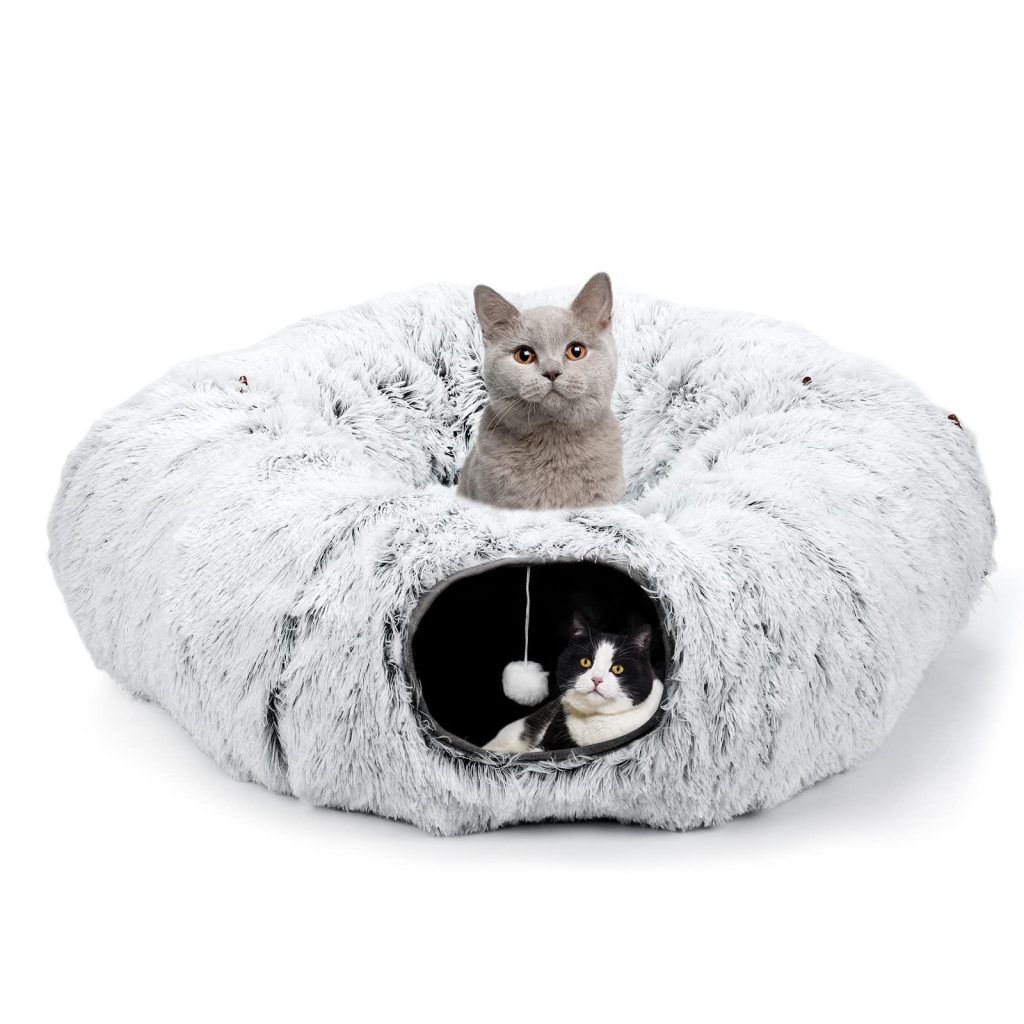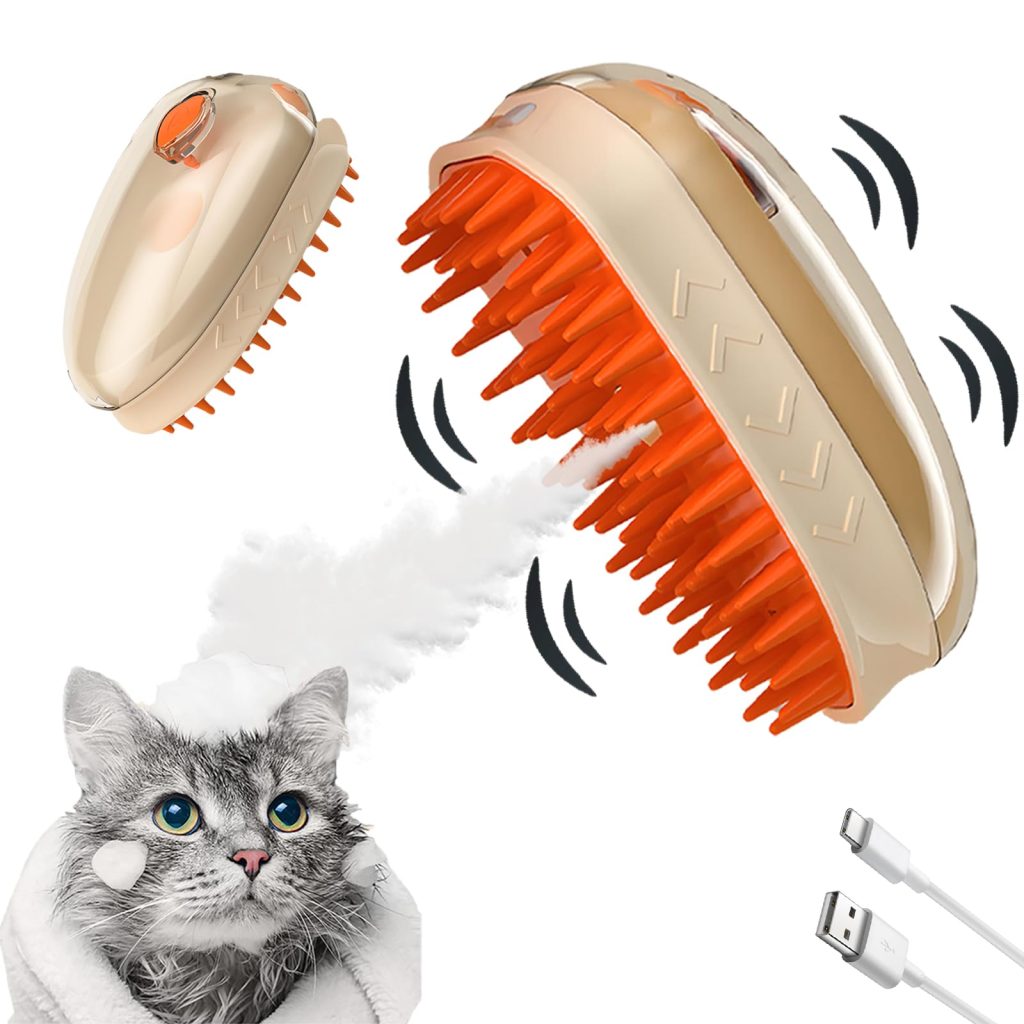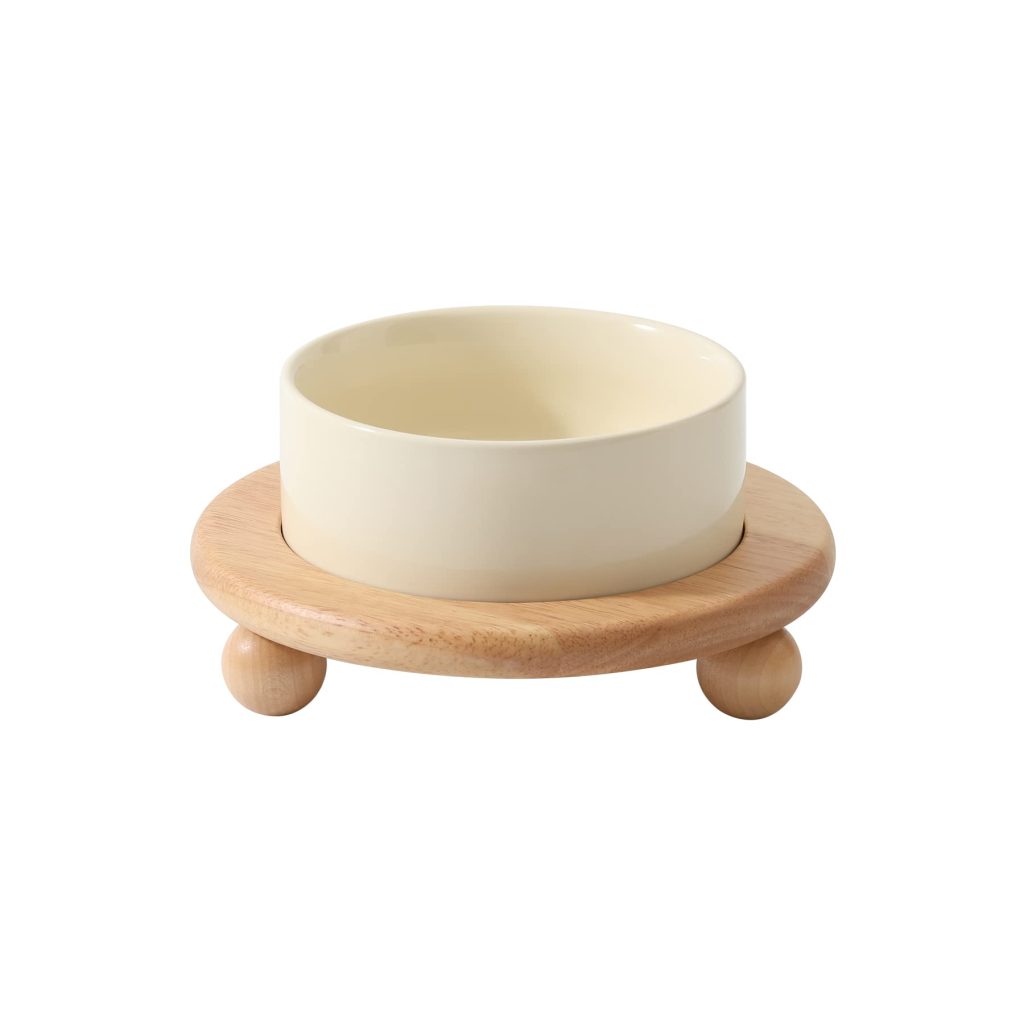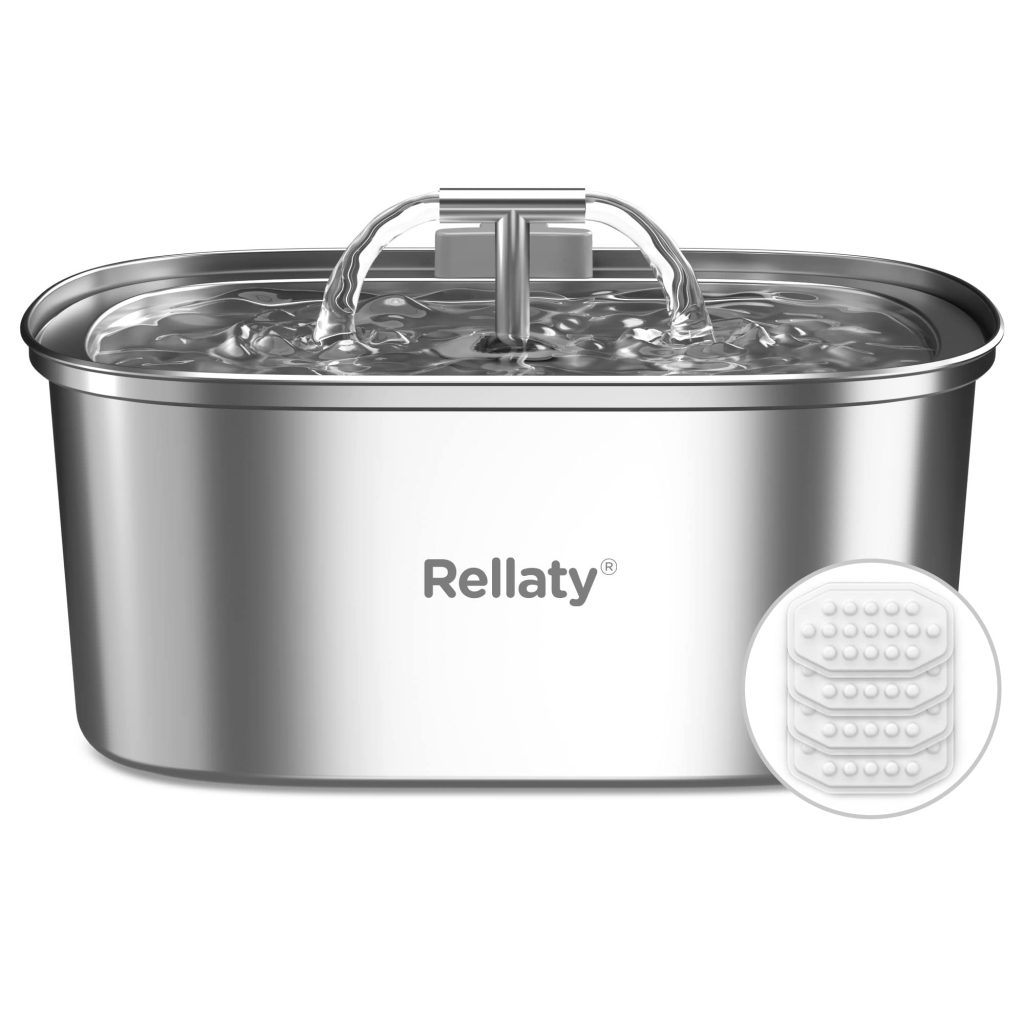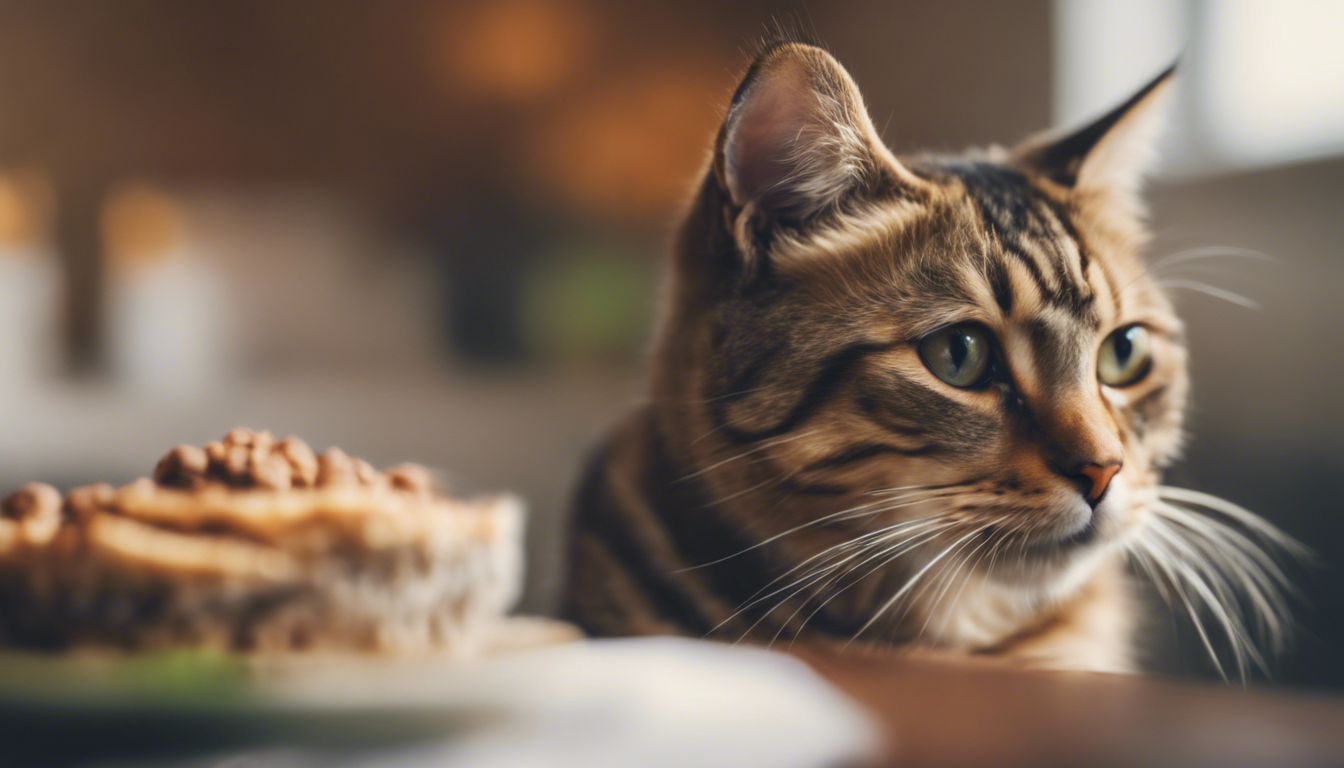
Recognizing Food Allergies in Your Feline Companion
Keeping your beloved feline friend healthy and happy is a top priority for all cat owners. While we often consider of allergies as something that only humans suffer from, cats can also be affected by food allergies. Understanding the signs and symptoms of food allergies in your furry friend is essential for proper diagnosis and ensuring their well-being.
The Significance of Food Allergies for Feline Health
Food allergies occur when a cat’s immune system overreacts to certain proteins in their diet. As a result, they may experience a range of uncomfortable and sometimes severe symptoms. Some cats may develop allergies to specific ingredients or even commonly used proteins like chicken, beef, or fish. Without proper recognition and management, food allergies can significantly impact a cat’s overall health and quality of life.
Nutritional Components and Food Allergies
The nutritional requirements of cats differ from those of humans or other animals. A balanced diet that meets all their needs is important for their overall health. However, identifying and eliminating potential allergens from their food can be a complex task.
Common allergenic ingredients found in cat food include grains like corn, wheat, and soy. Additionally, artificial additives and preservatives can also trigger allergies in sensitive people. By carefully evaluating the nutritional components listed on cat food labels, you can better understand if any potential allergens are present.
The Positive Impact of Recognizing and Managing Food Allergies
Recognizing a food allergy in your feline companion is the first step towards improving their well-being. Once identified, you can take proactive measures to manage and eliminate the trigger from their diet. The positive impacts of recognizing and managing food allergies in cats go beyond symptom relief:
- Improved Digestive Health: Cats with food allergies often experience gastrointestinal symptoms such as diarrhea, vomiting, or excessive gas. By identifying and eliminating the allergen, you can alleviate these discomforts and promote healthier digestion.
- Enhanced Skin and Coat Health: Food allergies can manifest in the form of skin irritations, itching, and hair loss. Managing allergies helps restore your cat’s skin and coat health, resulting in a shinier, cleaner, and happier appearance.
- Increased Energy and Vitality: Allergies can make your feline friend feel lethargic and less inclined to engage in activities they once enjoyed. By eliminating allergens from their diet, you can boost their energy levels and overall vitality.
- Prevention of Secondary Health Issues: Untreated food allergies can lead to secondary health problems such as ear infections or urinary tract issues. Proper diagnosis and management prevent these complications from arising, reducing the chance of further health concerns.
To wrap it up, recognizing food allergies in your feline companion is vital for their overall health and well-being. By understanding the significance of food allergies, evaluating the nutritional components of their diet, and proactively managing any allergies, you can ensure your cat leads a happy and healthy life. So, keep a watchful eye on their behavior and consult with a veterinarian if you suspect any food allergies. Your furry friend will thank you for it!


